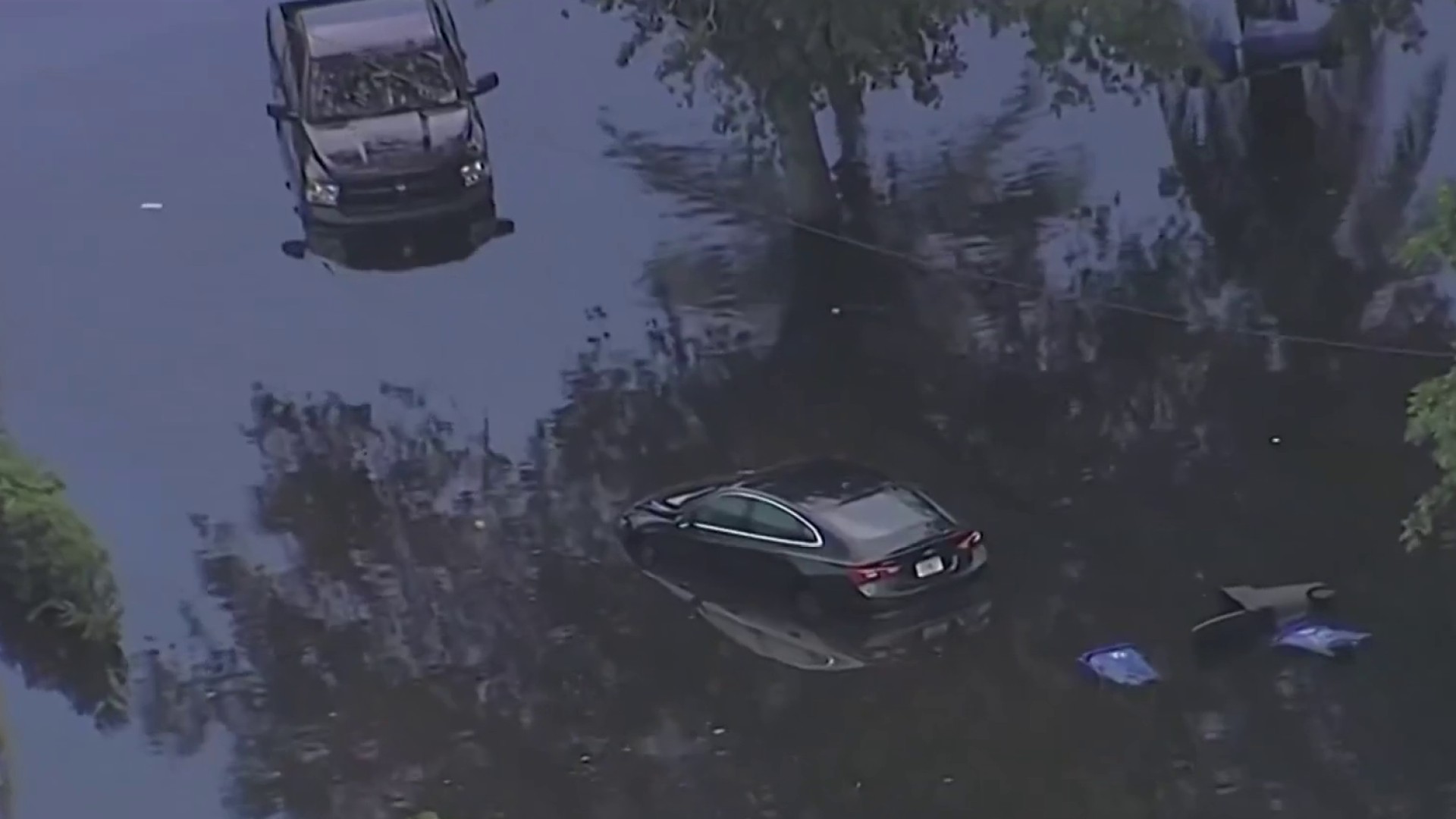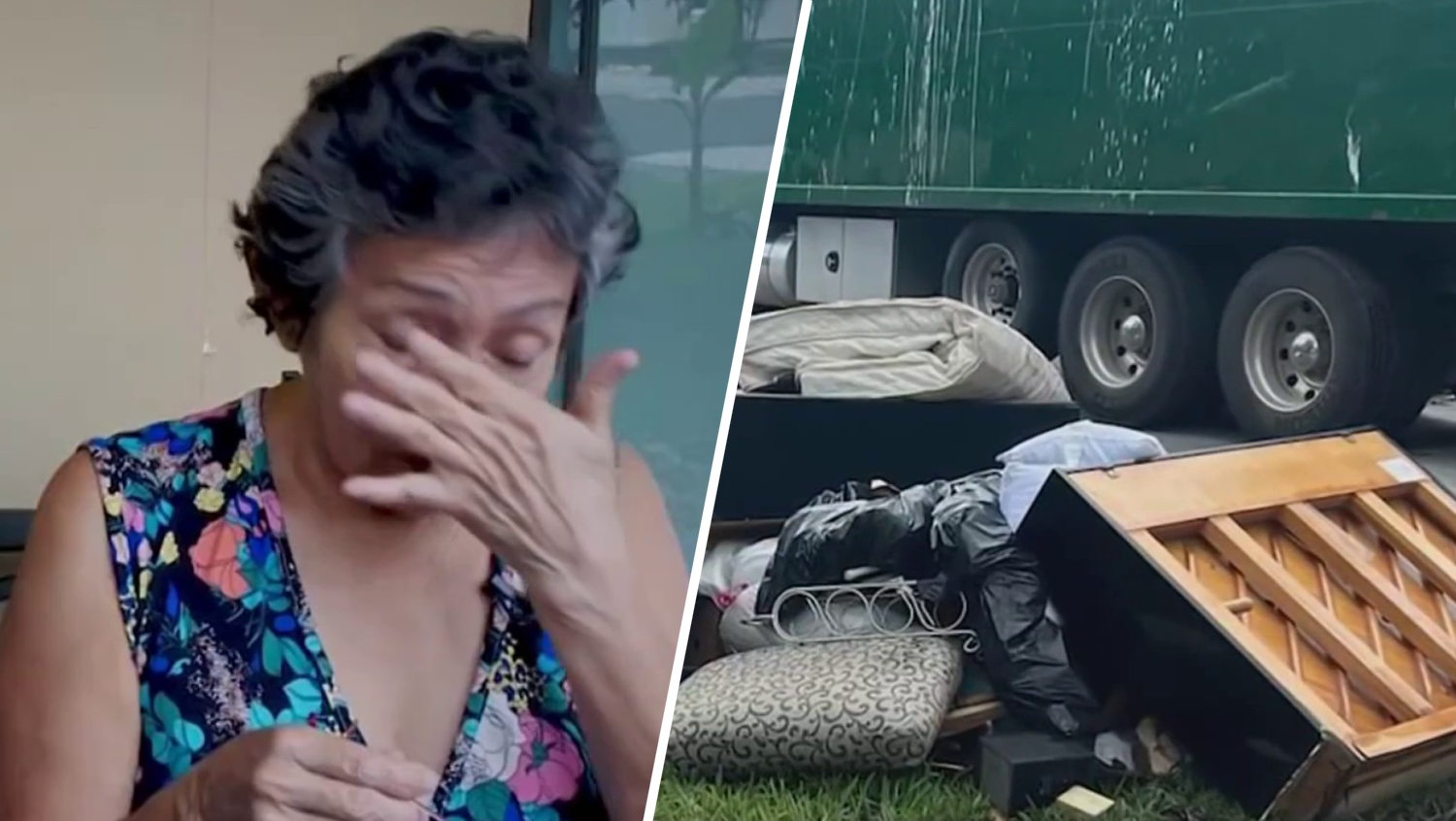When Maria Gomez and her husband bought their Miami-Dade County home in 2016, they say getting insurance was affordable, but things have changed.
“Everything is so expensive right now,” Maria told NBC 6 Responds.
They say their policy had more than doubled in recent years and in January, they received a notice of non-renewal stating they’ll lose coverage altogether June 13.
The reason: exposure and risk management.
Get South Florida local news, weather forecasts and entertainment stories to your inbox. Sign up for NBC South Florida newsletters.
“No homeowner has an absolute right to insurance coverage. Right?” said Juan “J.J” Perez, a real estate attorney. “The banks require that homeowners that have loans insure their properties, but there is no legal obligation for an insurance company to maintain a policy.”
Maria says she immediately went looking for a new carrier and learned that to get insured, she needed an inspection.
“They require two inspections. The mitigation and the four-point inspection and that's when they look at how is your roof? … How is your AC?... How is your electricity and plumbing?” Maria said.
Responds
Responding to every consumer complaint
Maria’s house didn’t pass the inspection.
“They said, in order for me to get a new policy, I have to change my pipes,” Maria said.
That’s because Maria’s home has polybutylene pipes, also known as poly pipes, that were used heavily during new construction from 1978 to 1995.
Moises Ferro is the owner of Elite Plumbing Septic and Sewer.
“They were discontinued because the fittings and the pipes used to break. They’re very common for breaking. Mice and rats used to eat them up and pipes used to leak creating water leaks, and they were discontinued, taken out of the market,” Ferro said.
Though Maria says she doesn’t have plumbing issues right now.
“Nobody wants to write a policy,” Maria said.
Maria says replacing the pipes will cost her tens of thousands of dollars. Concerned, she decided to contact NBC 6 Responds.
We reached out to Citizens, the state’s insurance of last resort, to see if they would write a policy in these cases and were told, “Like most others in the insurance industry, Citizens does not insure properties with polybutylene piping…”
The Florida Office of Insurance Regulation told us: “The insurer may consider the age of the home, roof, plumbing, electrical wiring or the heat and air” when offering coverage.
“If I don't have insurance, my mortgage bank is going to get an insurance basic policy (that’s) very expensive,” Maria said.
“The bank obviously having the ability to spread their risk over many, many more units will put what's called a forced placed flood insurance policy against the property, and that policy can run three, four or five times more,” Perez said.
Maria says she’s currently looking for a way to finance this repair because she doesn’t see another way out and shares her story to warn others about the potential hidden problems they have inside their walls.
The plumber we interviewed says the best way to see if you have these pipes is by having a licensed contractor take a look.
It’s important to note that during a home purchase, the seller must disclose if the house has these pipes and either replace them or give the buyer a discount for the needed repairs.
NBC 6 Responds reached out to the company that didn’t renew Maria’s policy, but we didn’t hear back.



